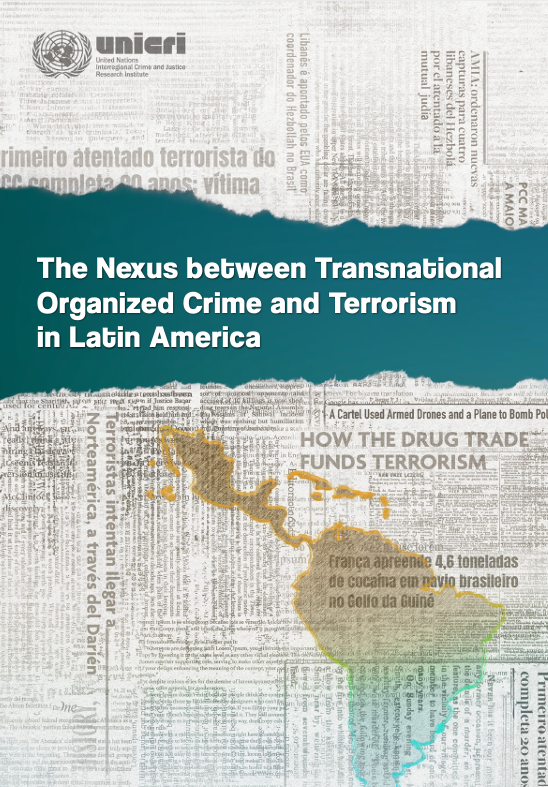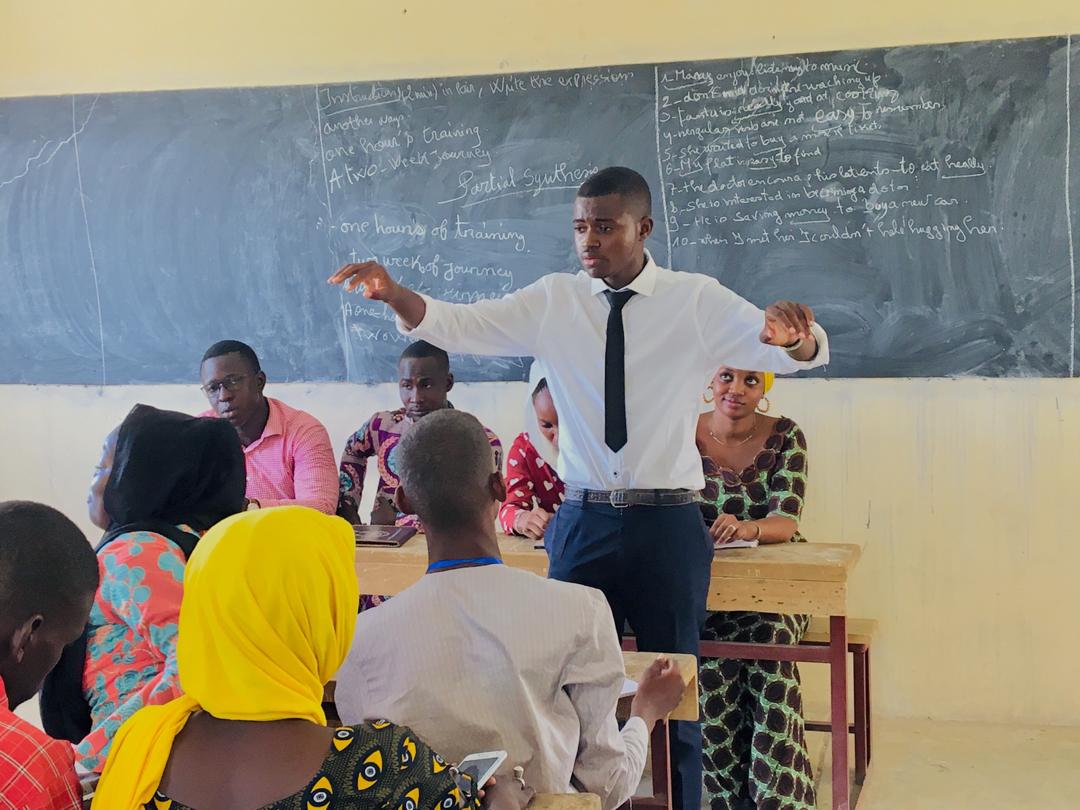New Webinar on the Prosecution of Radiological and Nuclear Crimes
On July 18, 2024, the International Association of Prosecutors (IAP) Global Training Academy, the European Union Chemical, Biological, Radiological and Nuclear (CBRN) Risk Mitigation Centres of Excellence Initiative (EU CBRN CoE), and the United Nations Interregional Crime and Justice Research Institute (UNICRI) will host a webinar on the prosecution of radiological and nuclear crimes.








